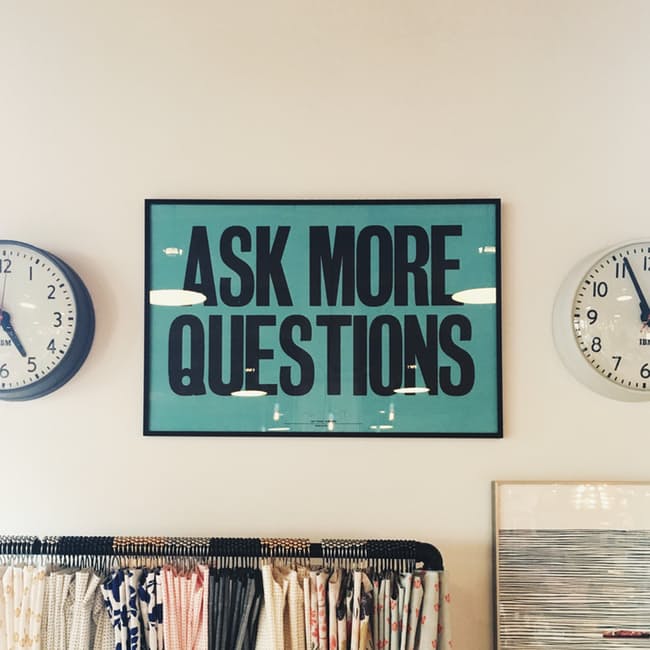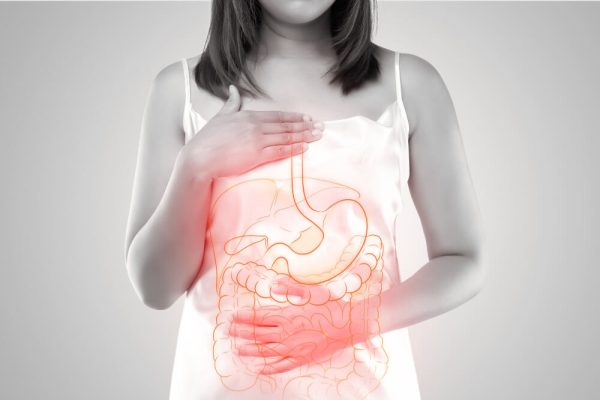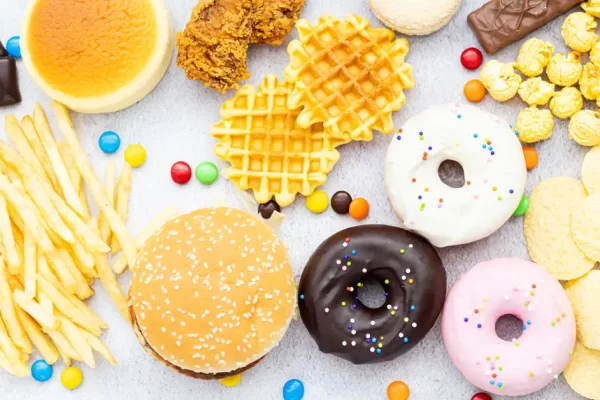Here are several widely-held myths on dieting and answers:
- What’s wrong with crash dieting? Several times I’ve lost five kilograms in one or two weeks.
And put those kilograms back on several times, too! Usually with a bonus! It really depends on what you want for yourself. Do you want to be thin once in awhile, or do you want to be thin forever? Kelly D. Brownell, American scientist, coined the phrase “the yo-yo syndrome” for dieters who lose weight, gain weight, lose weight, gain weight, and so on.
He warns that the strain of taking it off, putting it on, then taking it off again can be harmful to your body. It can also be quite harmful to your spirit, because a sense of failure is not easy to live with. So aim toward losing weight once and for all.
- How can I diet and still go to a restaurant or a party?
It’s a real challenge! But you probably know exactly what foods you are permitted to eat. When dining out, making proper choices is the main point to focus on. Plan what you will eat before you go.
Order a la carte; somehow, it seems a shame not to eat what comes with the dinner. Save a fruit for dessert. Eat before you leave for the restaurant. (In fact, don’t go anywhere hungry, it only sets you up to fail.)
House parties are something else again, but let me assure you: During 14 years of slim eating, I have never seen anyone look at my plate to see how much I had consumed; nobody really cares.
People do note what I take when the food is served. The safest way to handle an awkward situation with an insistent hostess is to take a small portion of everything. Then eat only those foods that are permitted for you.
- I have extra flab, but only in the tummy (or arms, thighs, backside, etc.). How do I reduce just there?
There is no way to lose weight in just one spot. Dieting takes weight off the entire body. Exercise can help by firming up the muscles in one area to reduce the overall size.
If spot reducing worked, people who chewed gum would have thin faces. Your best bet is a combination of diet and exercise that will slim you down and firm you up at the same time.
- If you’re dieting, does it matter when food is eaten? Must you always eat your meals at the same time? Must you eat breakfast?
These questions seem to be related. First, find yourself a good diet, one that’s nutritionally balanced for good health. When you eat your meals doesn’t really matter. What you eat, does.
We should really call meals A, B, and C rather than breakfast, lunch and dinner. If your lifestyle is such that you eat your meals C, B, and A, or C, A, B instead of A, B, C, that’s fine for you. What’s important here is the composition of each meal and the total number of calories you ingest per day.
About breakfast: After a night of no food, your body needs a minimum of calories to fuel you up for the morning. Second, if you skip breakfast, you set yourself up for overeating during mid-morning. It goes something like this: “Since I didn’t eat breakfast, I’m entitled to that lovely Danish pastry or cinnamon doughnut with my coffee.”
Eating a morning meal would have furnished you with Vitamin C, protein, carbohydrate, and the will to carry through to lunch. That doughnut will furnish you with little nutrition, a terrific guilt trip, and probably some tooth decay.
- Why is alcohol forbidden or limited on most diets – it’s so relaxing.
Yes, it’s relaxing, so much so that it just may relax you off your diet. The scenario goes something like this: “Those peanuts look so tasty, I’ll just have a couple.” But no one stops at just a few, and after you’ve finished the bowl, you’ve often finished your dieting.
Also, there are just too many calories in the average cocktail, and alcohol offers no nutrition whatsoever – just empty calories that work against your weight loss.
- Isn’t dieting expensive?
If you’re eating at the expense of your body, the physical price you pay can be far greater than the financial costs of the food.
Dieting is no more expensive than living. How expensive the diet is depends on many variables, but I have found that the careful dieter saves money when losing weight.
This saving comes from what is not on your diet: mayonnaise, butter, potato chips, soft drinks, baked goods and beef for every main meal.
- Are diet pills truly dangerous?
Yes, if the pills are amphetamines. While you may lose weight with the aid of these pills, it has been proven time and time again that a tolerance to their effects is quickly built up.
From that point on, a higher and higher dosage is needed to cut down the appetite.
Most diet pills are amphetamines, highly addictive drugs. You can end up “hooked.” They are dangerous to you and can be dangerous if a child gets hold of them. Most medical weight-reduction programmes do not use diet pills.
- How can I diet and cook for my family, too?
Have a family discussion. Let all non-dieters know that you are dieting. You shouldn’t have to cook more than one meal if you plan carefully. You’ll be conserving energy (gas or electricity), and your own energy, too.
Choose the same main course for everyone. Use the meat, fish, poultry, eggs or cheese in diet recipes that appeal to all members of the family (if you don’t say they’re “diet,” they won’t object).
Be sure to grill, bake, poach, or fry with vegetable spray, no added oils or sauces, and cut off all visible fat Everyone in the family will benefit from this.
Another sure way to conserve energy is to make double portions and freeze ahead for the next time.





